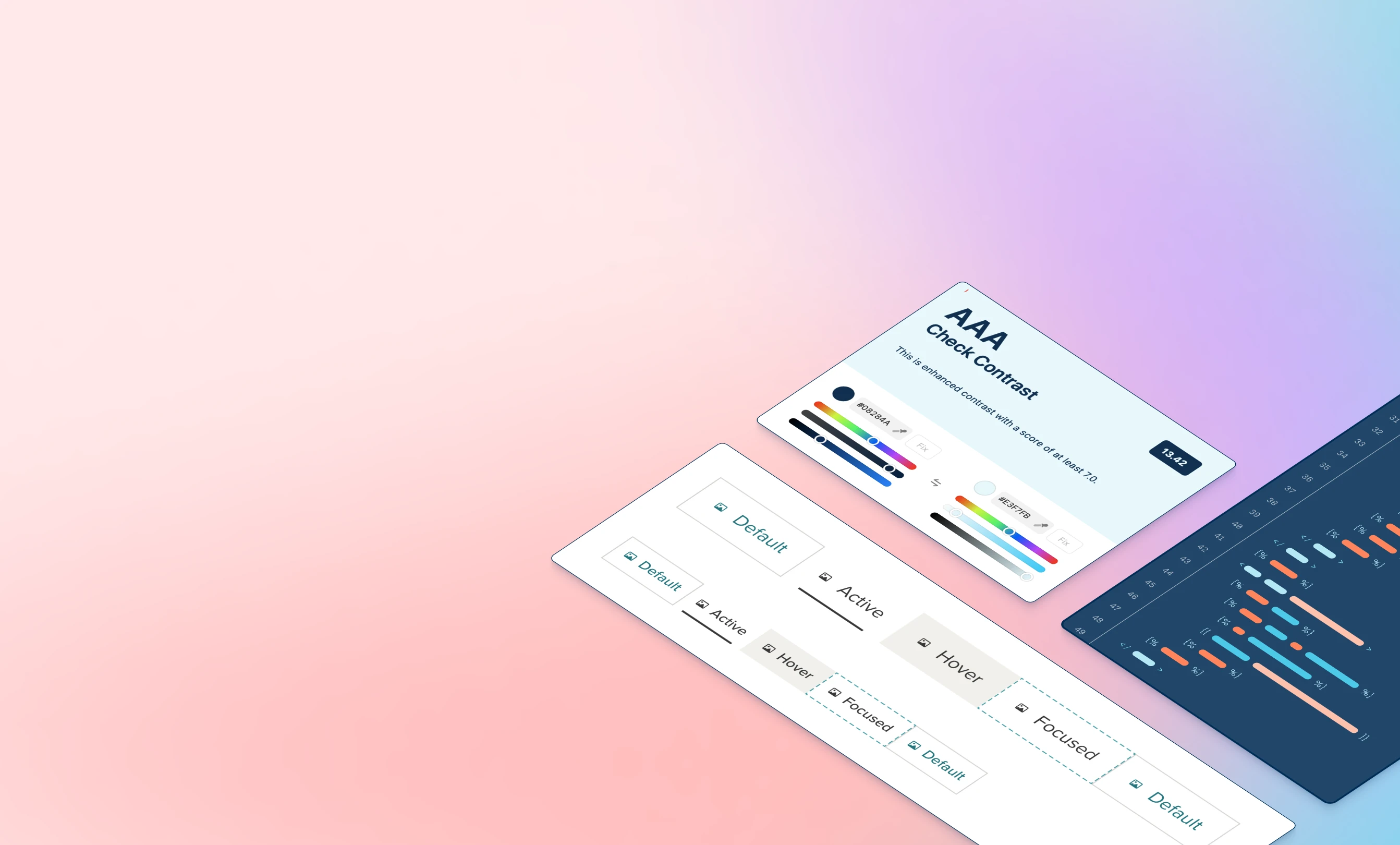
A compliant website ensures that people with disabilities, such as vision or hearing impairment, are able to fully experience your site and utilize its features.
An accessible website expands your customer base by accommodating everyone.
would you turn away someone with a disability from your business? Of course not. Yet, that's precisely what you're doing if your website isn't accessible.
Our Approach
an accessible website can be beautiful
what is ADA website compliance?
An ADA-compliant website ensures that people with disabilities, such as vision or hearing impairment, are able to fully experience your site and utilize its features.
Under Title III of the Americans with Disabilities Act (or ADA), the Internet is considered a “place of public accommodation.” This means that if you’re not in compliance, you may be at risk of ADA-related complaints. However, it’s always best to seek legal counsel on what applies to your business.
what goes into creating an accessible website?
There are user experience, visual design, and additional code that a designer and developer needs to take into consideration when creating an accessible website. Being truly ADA-compliant also requires being mindful of every user’s experience and every piece of content being published on behalf of your company to ensure your content is accessible to all.
Organizations such as the W3C have established standards (mostly related to content), but it might surprise you that the majority of websites don’t meet those accessibility standards.
does your website need to be ada compliant?
There’s been a lot of talk about ADA compliant websites lately, and for good reason. Having an accessible website provides your business with an expanded customer base by accommodating everyone. Some industries are regulated and require and some do not. Be sure to check with your local government, or industry regulations.


